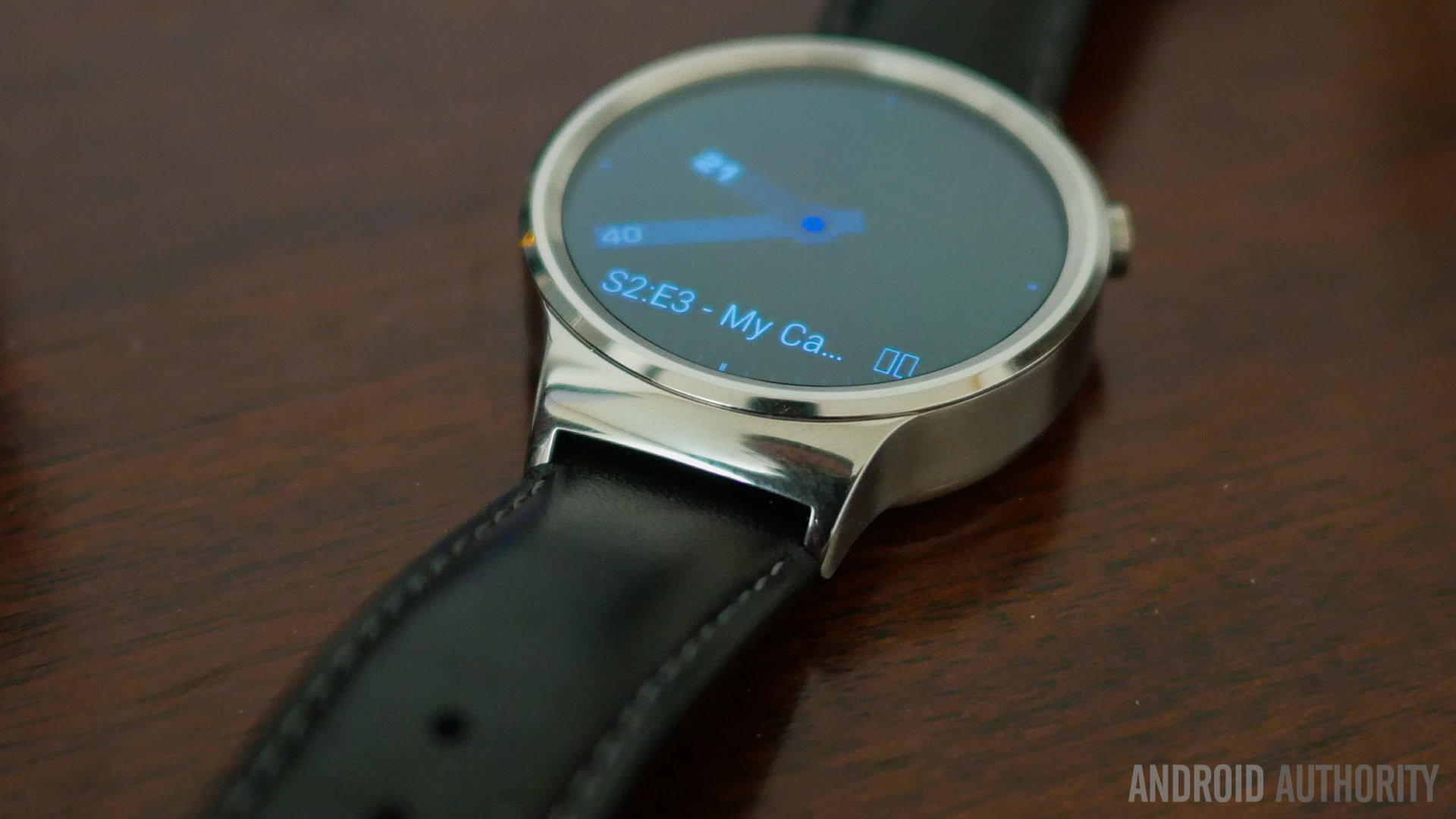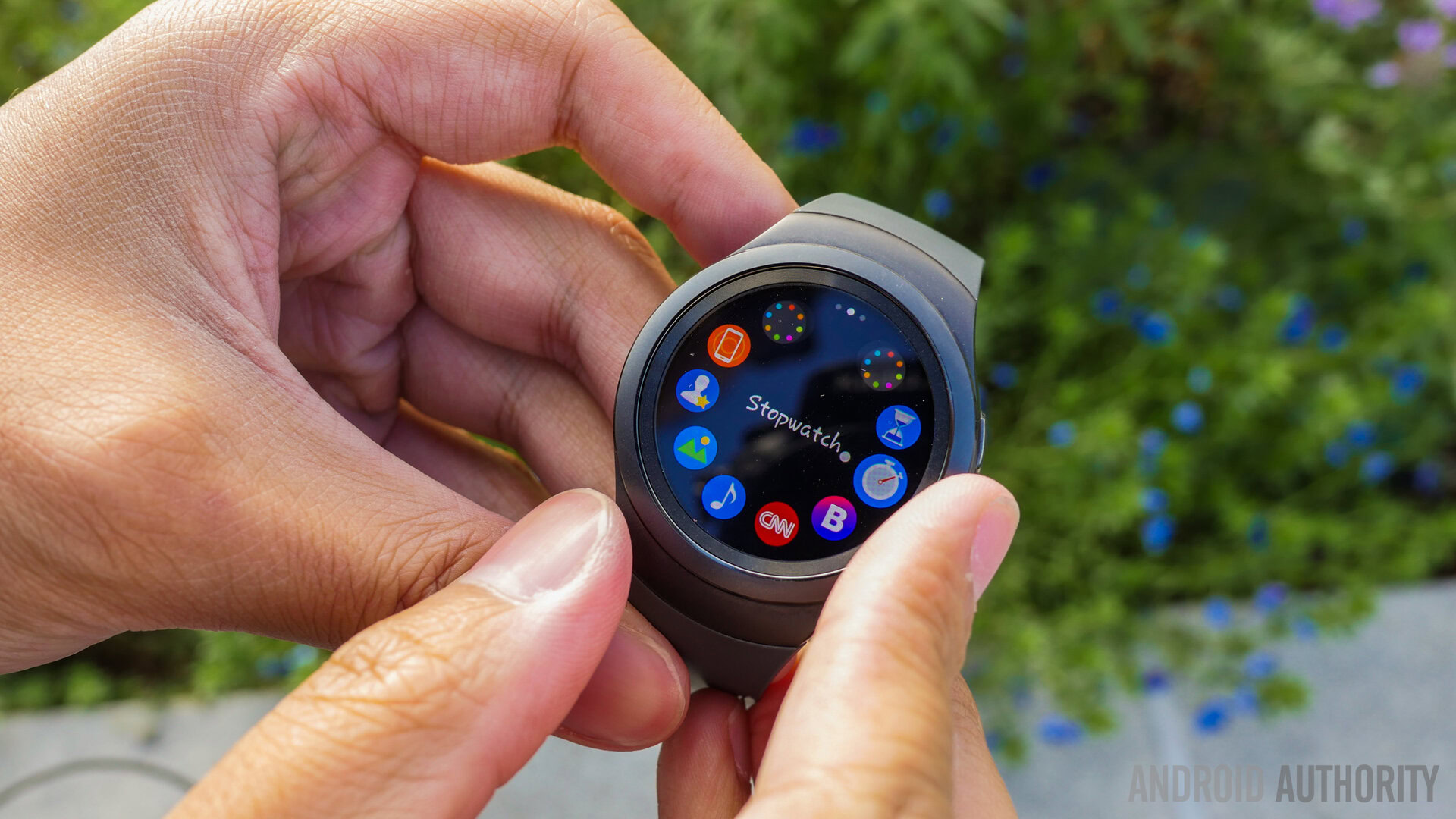Affiliate links on Android Authority may earn us a commission. Learn more.
People still don’t value wearables very highly, research finds

Are wearables the next big thing for smart products or a high-cost segment being forced into the market in lieu of meaningful innovation? It appears that the latter may be closer to the truth at the moment, as Juniper Research has found that very few consumers are interested in expensive wearable gadgets.
From a survey of just over 2,000 smartphone owners in the UK and US, the research found that only 1 in 5 customers are prepared to pay more than $175 (~£115) for any sort of wearable device. This doesn’t bode well for the range of more expensive smartwatches that have hit the market lately, and probably also goes some way to explain the popularity of lower cost sports wearables, such as the FitBit range.

However, this trend is somewhat at odds with the research team’s finding about the ‘coolest’ brands. Both Apple and Samsung, which offer the most expensive wearables on the market, topped the rankings, with over 75 percent of respondents stating that they preferred these two brands. Other Android Wear manufacturers make up the top five, while Pebble and a number of sports brands, which feature lower price tags, are dotted lower down the list. Fashion brands didn’t fare too well either.
‘As well as a more definite use, fitness devices also win on value. They are the least costly wearables in the market, and the only category consistently under $175, which our survey identifies as the price ceiling for most consumers.’ – Juniper Research Analyst James Moar.
Juniper Research goes on to suggest that the lack of a convincing use-case for smartwatches is reducing the amount of money that consumers are willing to spend. Fitness products, on the other hand, have a clear use. Interestingly, despite common complaints from the tech savvy crowd, poor wearable battery life would only deter around 4 percent of those who responded to the survey.
Of course, this research also suggests that there’s a good portion, some 20 percent, of current smartphone users who are interested in the higher end wearables segment, and perhaps that is enough to spur on additional growth. Samsung and Apple, in particular, don’t seem to be complaining about sales, after all.
You can see the full results from the survey at the source link below. How do your thoughts on the wearables market match up with this research?